Contents
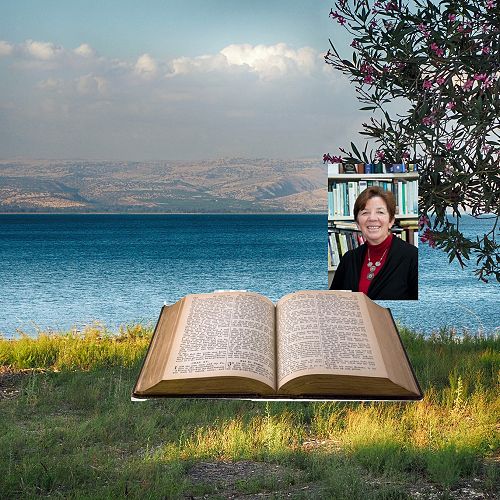
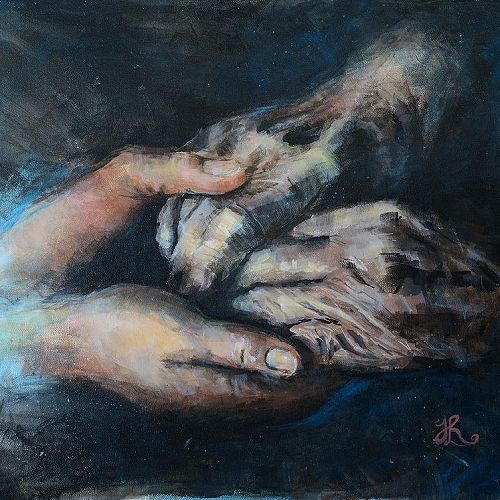
Healed and Called — Mark 1: 29-31
Elaine Wainwright and Ann Gilroy suggest that when the mother-in-law is healed by Jesus in Mark 1:29-31 she is also called to follow him, as were the men disciples.
Visit this article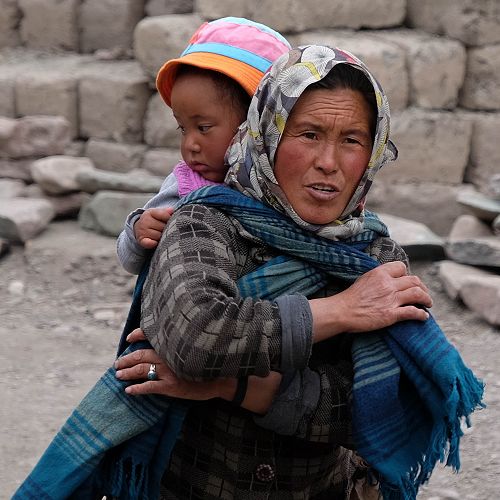
Mother Pleads for Her Daughter — Matthew 15:21-28
Elaine Wainwright interprets the story of the Canaanite woman in Matthew 15:21-28.
Visit this article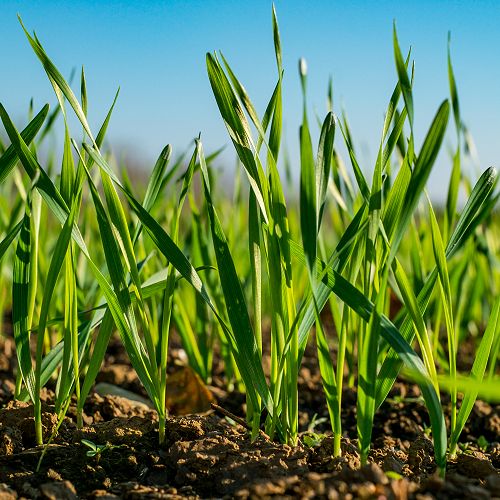
Sowing the Seeds — Matthew 13:1-22
Elaine Wainwright gives an ecological reading of the parable of the sower, Matthew 13:1-22.
Visit this article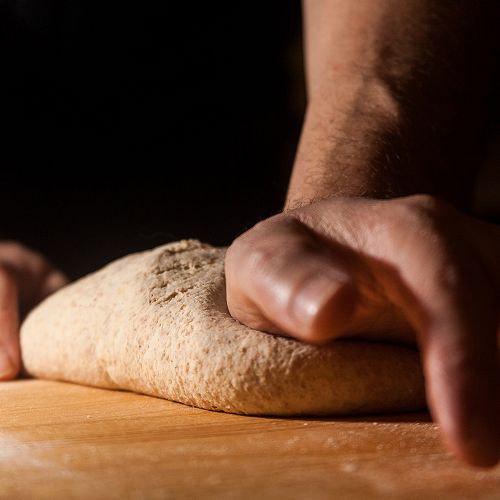
Bread of Life for the World — John 3:16-18; John 6:51-58
Elaine Wainwright offers an ecological reading of two extracts from John's Gospel — John 3:16-18 and John 6:51-58.
Visit this article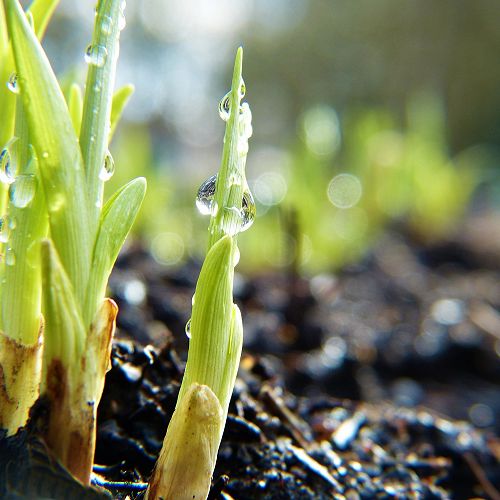
SCRIPTURE: I Am Sending You
Elaine Wainwright suggests how the readings for Pentecost Sunday can encourage us to work together for Earth in this COVID-19 world.
Visit this article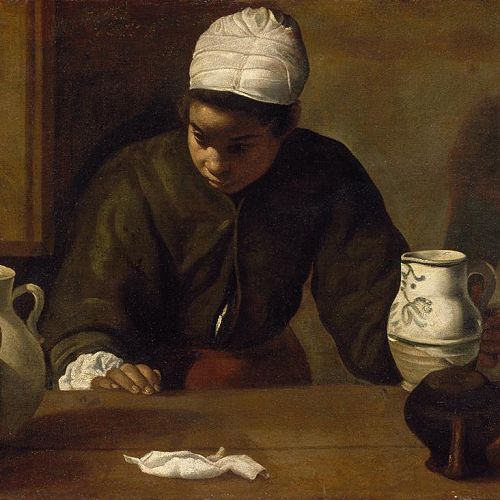
New Way of Seeing — Luke 24:13-35
In her interpretation of the Emmaus Story in Luke 24:13-35 Elaine Wainwright suggest we open our eyes to see resurrection in the world around us.
Visit this article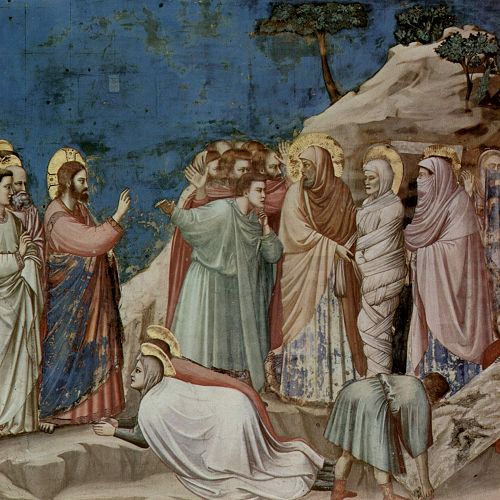
From Death to Life — John 11:37-45
Elaine Wainwright reads the story of the raising of Lazarus from the dead, John 11:37-45, from an ecological perspective.
Visit this article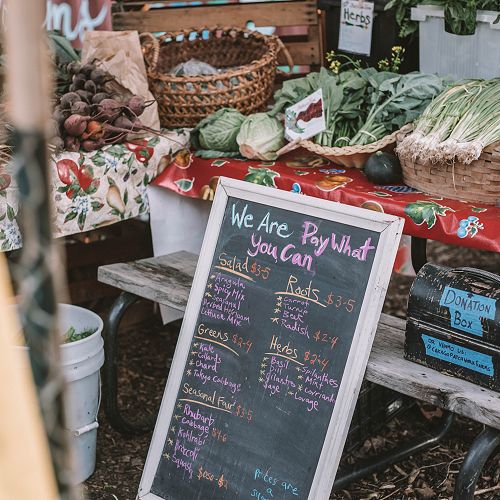
Turn Again — Joel 2:12-18 and Matthew 6:1-6;16:18
Elaine Wainwright offers an ecological reading of the Ash Wednesday readings Joel 2:12-18 and Matthew 6:1-6; 16-18.
Visit this article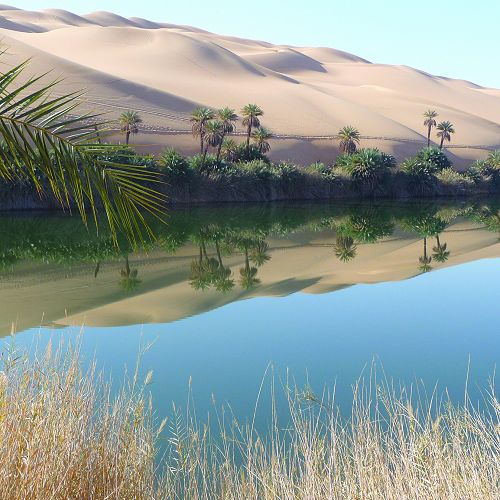
Burning Land Will Become a Pool — Isaiah 35:1-10
In an ecological reading of Isaiah 35:1-10 Elaine Wainwright explains how paralysing hopelessness can change to active hope.
Visit this article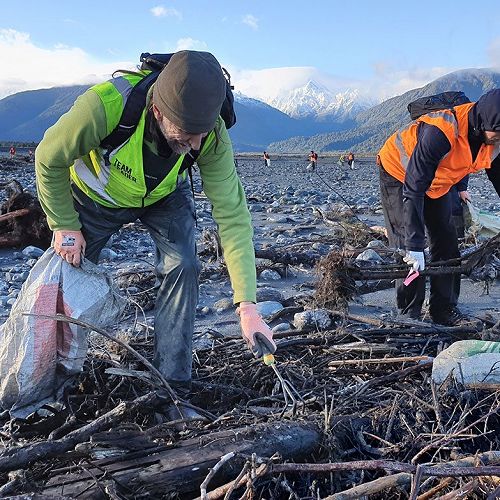
Do Justice For Earth — Sirach 35:12-14; 16-19
Elaine Wainwright suggests that we read Sirach with protection and love of all creation in mind.
Visit this article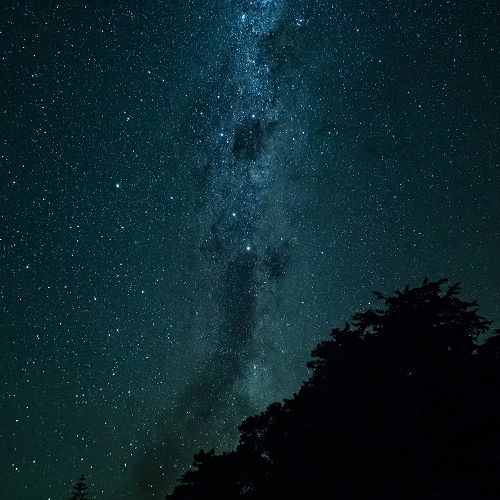
Consciousness of the Cosmos — Proverbs 8:22-31; Colossians 1:15-20; John 6:41-51
Elaine Wainwright suggests readings and activities to raise our consciousness of Earth and the cosmos during the Sea-son of Creation.
Visit this article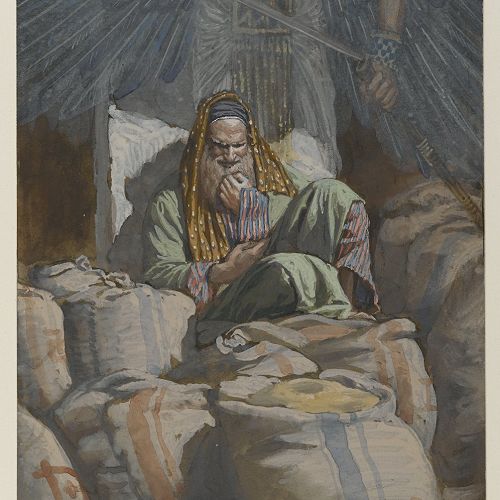
Avoiding Foolishness — Luke 12:13-21
Elaine Wainwright says that human centredness can distort our capacity to recognise that Earth's resources belong to all life.
Visit this article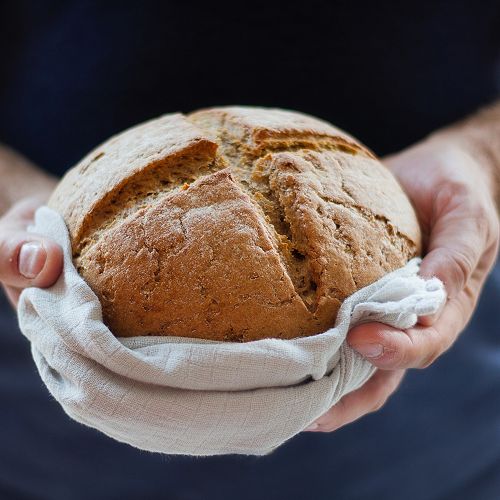
Our Daily Bread — Luke 11:1-4
Elaine Wainwright suggests how we can pray the Our Father in this time of ecological crisis.
Visit this article
Listen to the Voice of Sophia — Proverbs 8:22-31
Elaine Wainwright focuses on Sophia's song of delight in creation in Proverbs 8:22-31.
Visit this article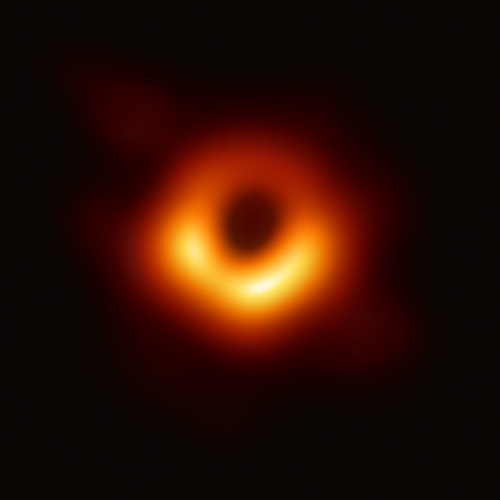
Peace in the Universe — John 14:23-29
Elaine Wainwright suggests that the latest space discoveries invite us to read John 14:23-29 with a whole new appreciation of love and relationship in the cosmos.
Visit this article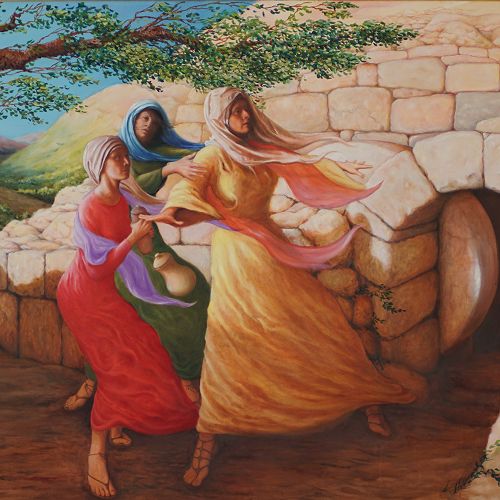
Resurrection is God Acting Now — Luke 14:1-12
Elaine Wainwright suggests that we read the resurrection story of Luke 24:1-12 as the culmination of Jesus's life and death and as God's continuing acting in all of creation.
Visit this article
Loss and Restoration — Luke 15:1-32
Elaine Wainwright gives an ecological reading of the parable of the Lost Son in Luke 15:11-32.
Visit this article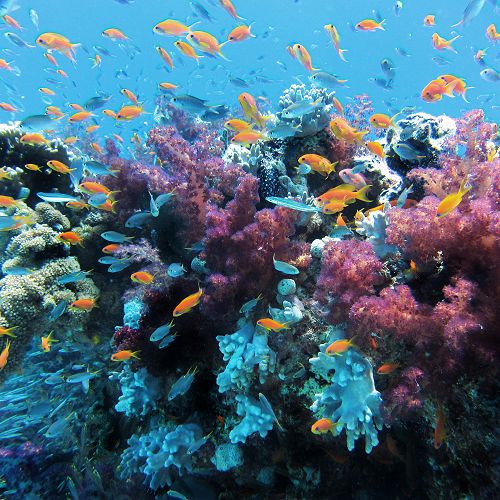
Anointed to Act Justly — Luke 4:14-20
Elaine Wainwright reads Luke 4:14-20 ecologically, pointing to our invitation to respond to the Spirit poured on us to do justice in our world.
Visit this article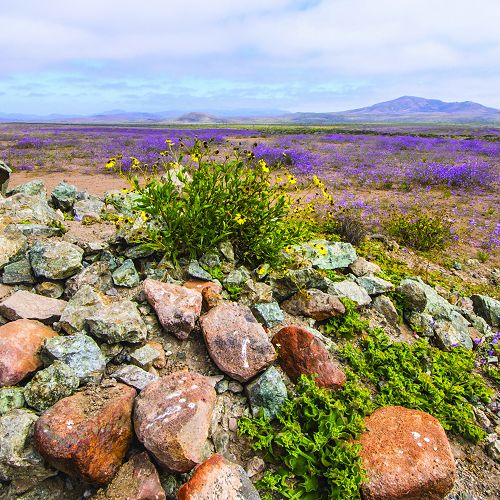
God Will Lead Us — Baruch 5:1-9
Elaine Wainwright introduces the prophet Baruch encouraging the Hebrew exiles with God’s promise of their return to and restoration of their land.
Visit this article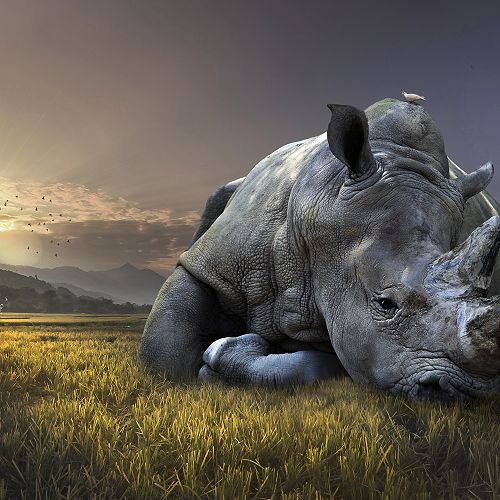
Blessed Living in Our Times: Matthew 5:1-12
Elaine Wainwright describes how the Matthean beatitudes 5:1-12 hold the key to relationships which will help us care for the whole Earth community.
Visit this article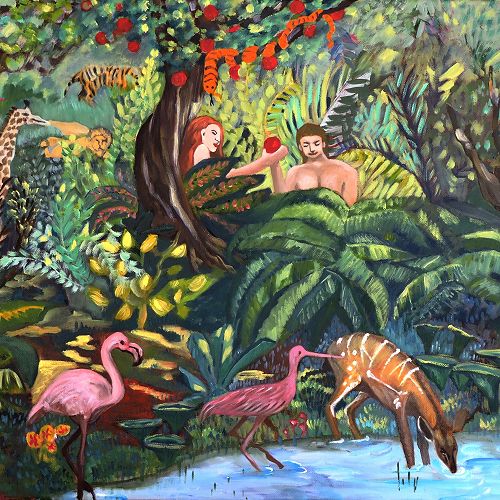
Created to Serve and Preserve Earth — Genesis 2: 18-24
Elaine Wainwright reads the very familiar Genesis 2 text of the creation showing humanity’s responsibility to serve and preserve the Earth community.
Visit this article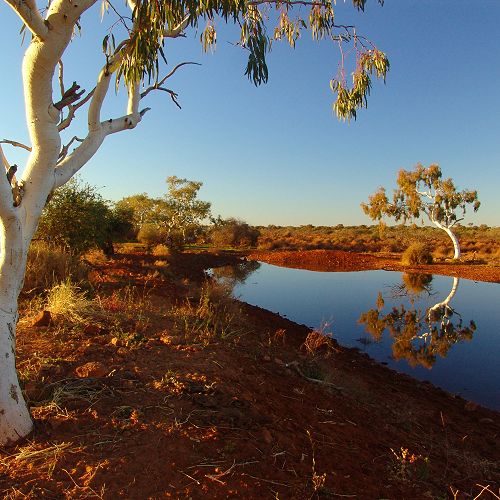
Burning Sand Shall Become a Pool — Isaiah 35:1-10
Elaine Wainwright suggests that the poetry of Isaiah offers the human community an incentive to change our behav-iour towards Earth’s community and commit to ecological conversion.
Visit this article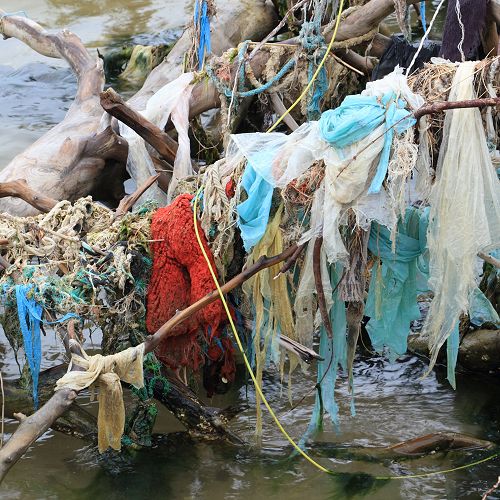
Read the Signs of the Times —Revelation 11:19; 12:1-6, 10-12
Elaine Wainwright introduces the apocalyptic writing in the Book of Revelation and urges us to read the signs of life and death in our world.
Visit this article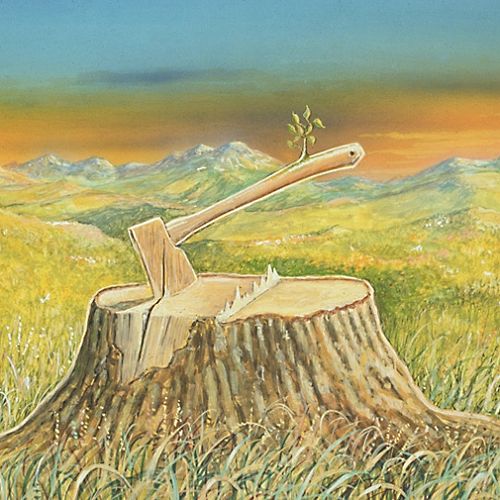
Goodness and Sincerity of Heart — Wisdom 1:1, 607, 12-15; 2:23-24
Elaine Wainwright introduces the Book of Wisdom and points to how wise living today involves caring for all life — Wis 1:1, 6-7, 12-15; 2:23-24.
Visit this article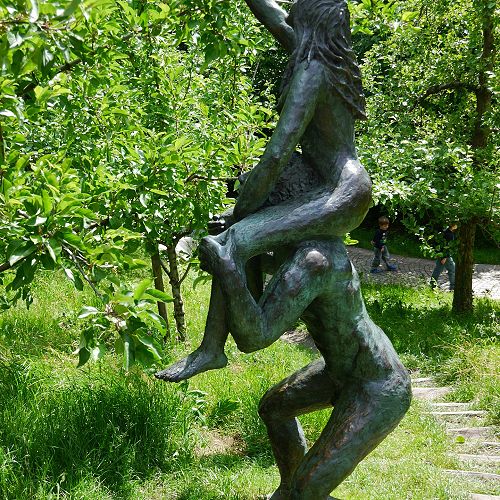
Relationships Disrupted — Genesis 3:7-15
Elaine Wainwright points to ecological questions we can reflect on when we read Genesis 3:7-15.
Visit this article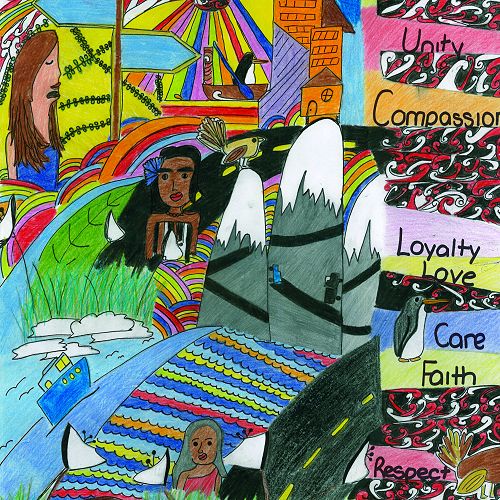
Keep the Rule to Keep the Earth — Deuteronomy 4:32-34, 39-40
Elaine Wainwright shows how Deuteronomy 4:32-34, 39-40 challenges us to radical conversion so that we may keep Earth as our home.
Visit this article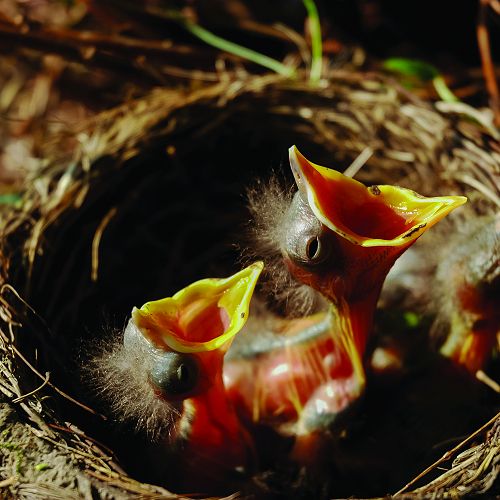
A New Time for Everything: Ecclesiastes 3:1-11
ELAINE WAINWRIGHT interprets the well-known text Ecclesiastes 3:1-11 from an ecological perspective
Visit this article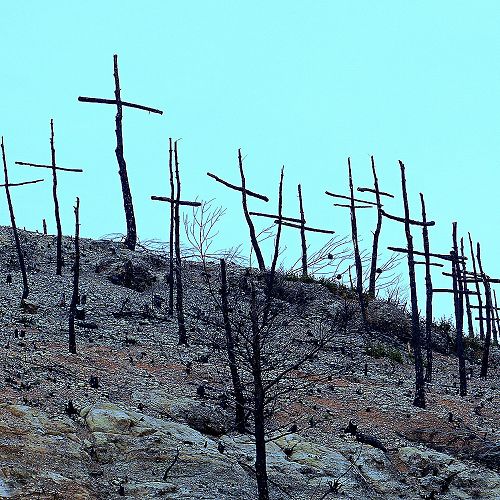
New Way of Being with Earth — Jeremiah 31:31-34
ELAINE WAINWRIGHT says that listening to the prophet Jeremiah 31:31-34 during Lent can bring us to a new relationship with Earth.
Visit this article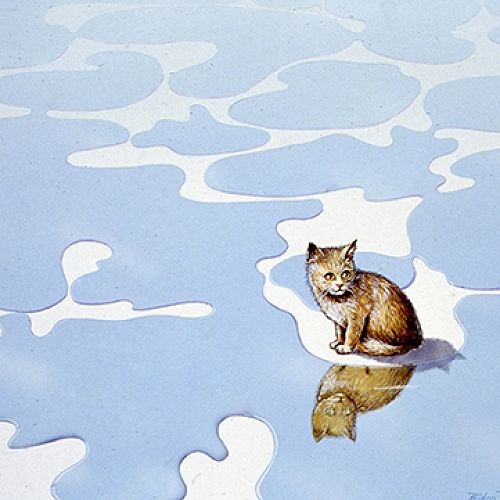
Return with all Your Heart — Joel 2:12-18
ELAINE WAINWRIGHT interprets Joel 2:12–18, the first reading of Ash Wednesday, as an invitation to become involved in restoring relationships in the whole Earth community.
Visit this article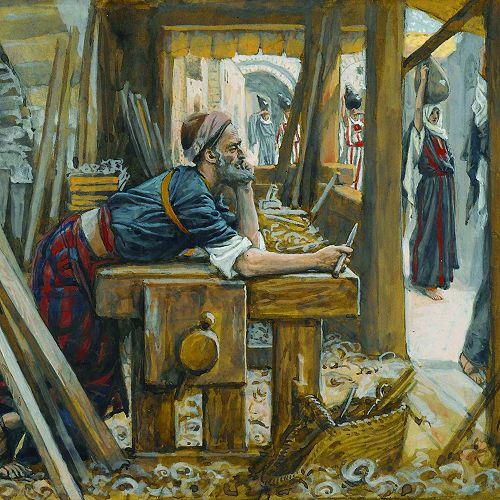
An Ecological Reading of Matthew’s Gospel 1:18-25
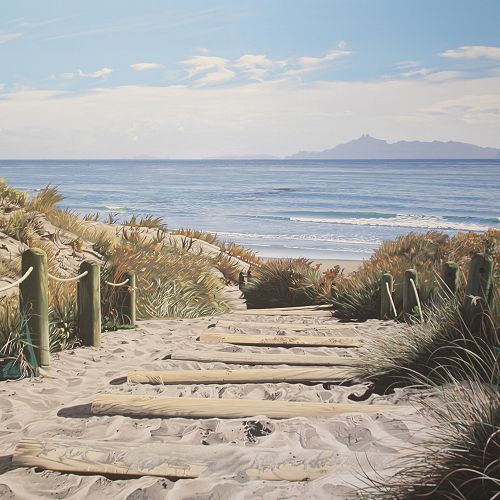
An Ecological Reading of Matthew 25:31–46
ELAINE WAINWRIGHT points to the ecological impact of the parable of the goats and sheep in Matthew 25:31–46 as calling us to care for our common home.
Visit this article
An Ecological Reading of Matthew 24:1–14
ELAINE WAINWRIGHT suggests a way of thinking about the “end time” accounts as our challenge to develop ethical integrity now.
Visit this article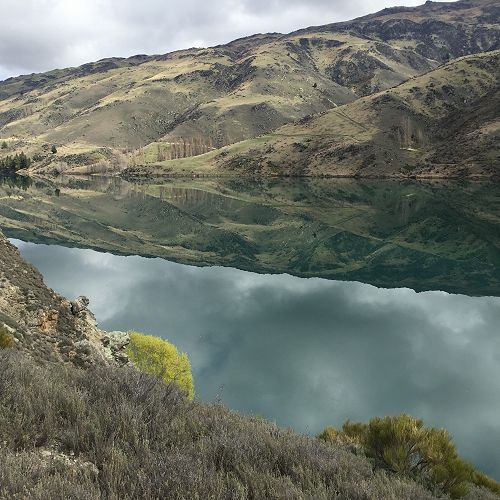
An Ecological Reading of Matthew’s Gospel— 16: 21-27; 18:15-35; 20:1-16
ELAINE WAINWRIGHT provides ecological insights into each of the Sunday gospel readings during September, the Season of Creation.
Visit this article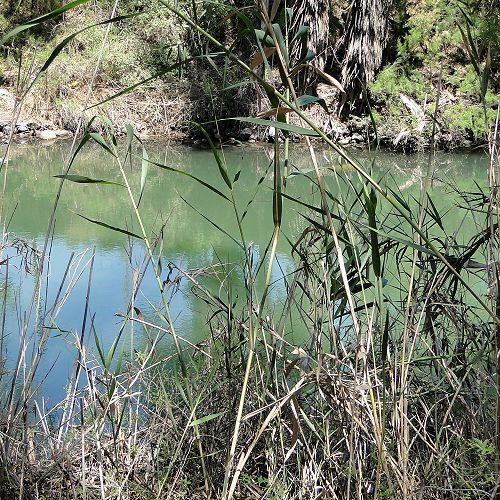
An Ecological Reading of Matthew’s Gospel 16:13-20
Matthew 16:13-20 Now when Jesus came into the district of Caesarea Philippi, he asked his disciples, “Who do people say that the Human One is?” 14 And they said, “Some say John the Baptist, but others Elijah, and still others Jeremiah or one of the prophets.” 15 He said to them, “But who do you say that I am?” 16 Simon Peter answered, “You are the Messiah, the Son of the living God.” 17 And Jesus answered him, “Blessed are you, Simon son of Jonah! For flesh and blood has not revealed this to you, but my Father in heaven. 18 And I tell you, you are Peter, and on this rock I will build my church, and the gates of Hades will not prevail against it. 19 I will give you the keys of the kingdom of heaven, and whatever you bind on earth will be bound in heaven, and whatever you loose on earth will be loosed in heaven.” 20 Then he sternly ordered the disciples not to tell anyone that he was the Messiah.
Visit this article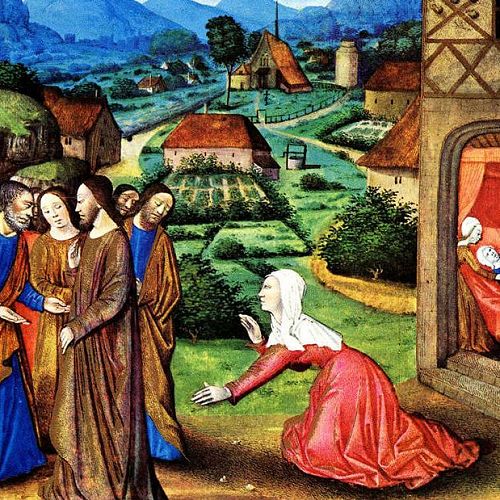
An Ecological Reading of Matthew’s Gospel 15: 21-28
Matthew 15: 21 Jesus left that place and went away to the district of Tyre and Sidon. 22 Just then a Canaanite woman from that region came out and started shouting: “Have mercy on me, Kyrios, Son of David; my daughter is tormented by a demon.” 23 But he did not answer her at all. And his disciples came and urged him, saying: “Send her away, for she keeps shouting after us.” 24 He answered: “I was sent only to the lost sheep of the house of Israel.” 25 But she came and knelt before him, saying: “Kyrios, help me.” 26 He answered: “It is not fair to take the children’s food and throw it to the dogs.” 27 She said: “Yes, Kyrios, yet even the dogs eat the crumbs that fall from their masters’ table.” 28 Then Jesus answered her: “Woman, great is your faith! Let it be done for you as you wish.” And her daughter was healed instantly.
Visit this article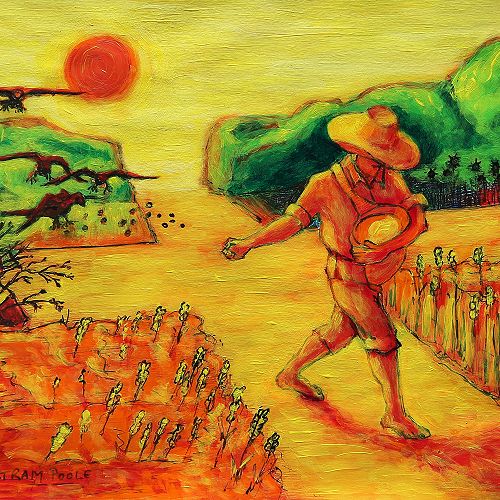
An Ecological Reading of Matthew’s Gospel — 13:1-9
ELAINE WAINWRIGHT takes a close look at the parable of the sower in Matthew 13:1-9 and points to aspects which provide a fuller understanding of our relationships in creation.
Visit this article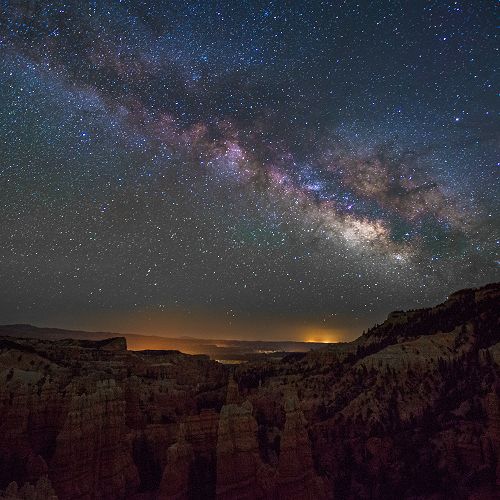
An Ecological Reading of Matthew’s Gospel 10:1, 5-13
ELAINE WAINWRIGHT shows how the central proclamation of Matthew’s Gospel 10:1, 5-13 invites us into a new relationship with the heavens and Earth.
Visit this article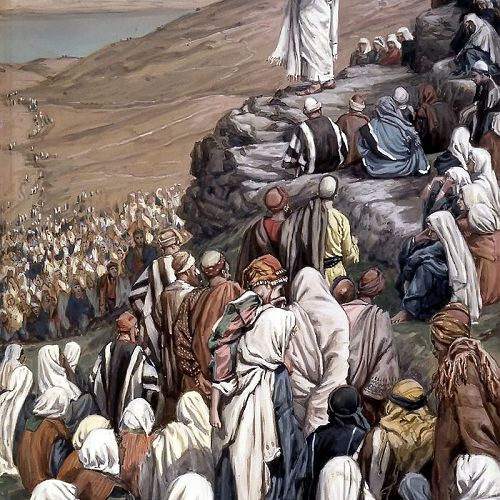
An Ecological Reading of Matthew’s Gospel 5:1-12
ELAINE WAINWRIGHT provides a fresh approach to understanding the Beatitudes in her interpretation of Matthew 5:1–12.
Visit this article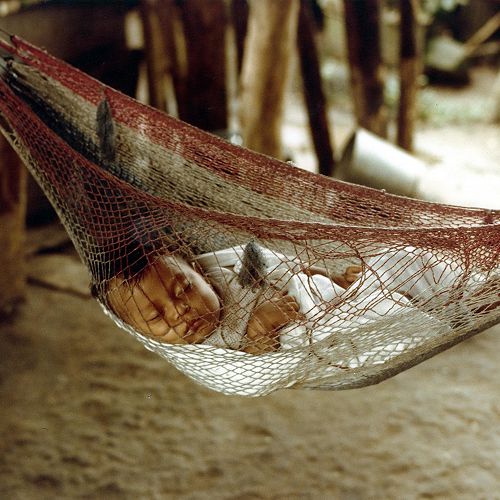
An Ecological Reading of Matthew’s Gospel 1:1-23
ELAINE WAINWRIGHT explains how the opening verses of the Gospel of Matthew (Mt 1:1-23) situate Jesus in the Earth and cosmological community.
Visit this article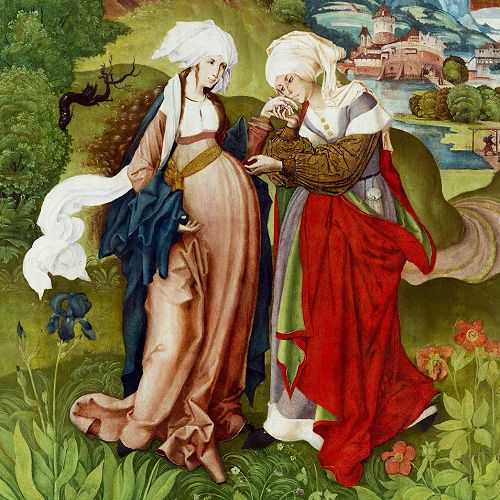
Reading Luke 1:39–56 Ecologically
Through a close reading of Luke 1:39-56 ELAINE WAINWRIGHT draws attention to the ecological context of the meeting of the pregnant women, Mary and Elizabeth.
Visit this article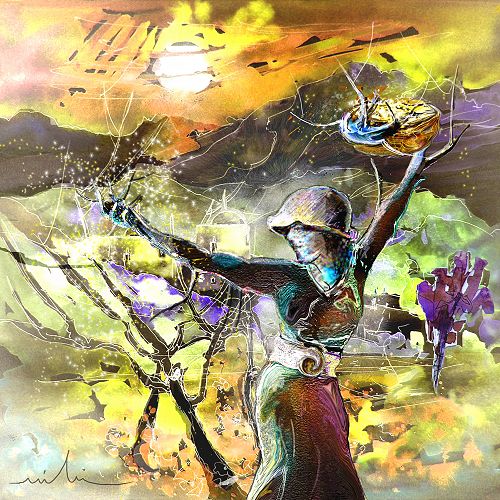
Reading Luke 8:4-8 Ecologically
ELAINE WAINWRIGHT points out all the players in the parable of the sower and invites readers to listen and reflect on the ecological message.
Visit this article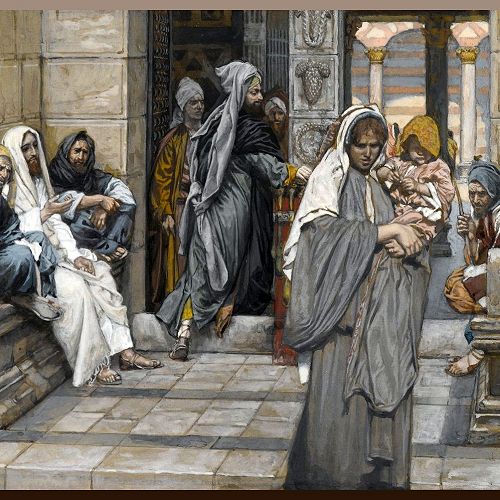
Reading Luke 20:45-21:11 Ecologically: Part Nine
ELAINE WAINWRIGHT shows how apocalyptic eschatology in the final section of Jesus’ teaching in Luke invites us to practice today what we want our world to be like in the future.
Visit this article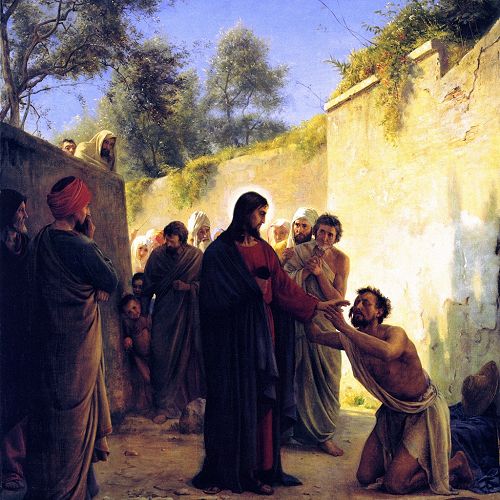
Reading Luke 18:35–43 Ecologically: Part Eight
Elaine Wainwright interpreting Luke 18:35-43 alerts the ecological reader to the sense of human superiority that could limit our relationships with the rest of creation.
Visit this article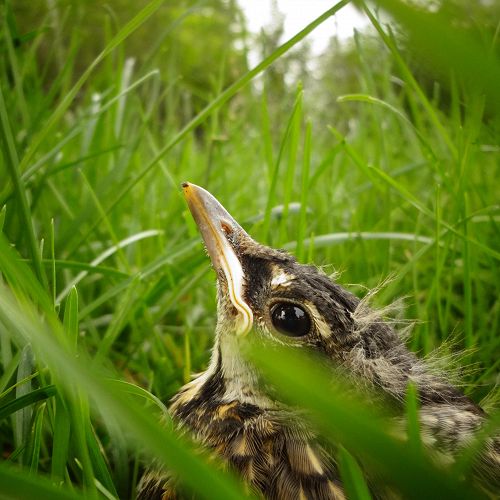
Reading the Gospel of Luke 12:22-31 Ecologically: Part Seven
Elaine Wainwright reads Luke 12:22–31 and alerts the ecological reader to the sense of human superiority that could limit our relationships with the rest of creation.
Visit this article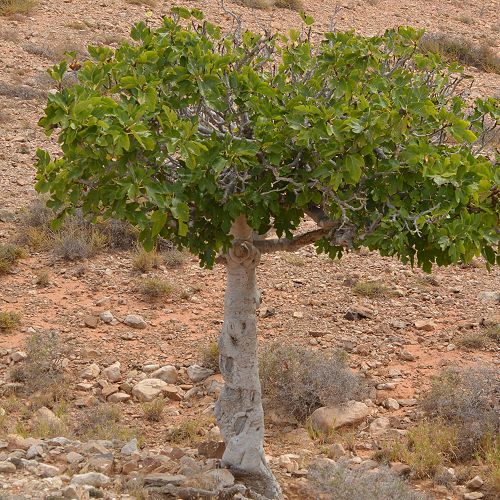
Reading Luke’s Gospel 13:6-17 with Ecological Eyes - Part Six
In the sixth part of the series Elaine Wainwright interprets Luke 13:6-17 showing the importance of the principle of Sabbath for the health and well-being of all creation – human and other-than-human.
Visit this article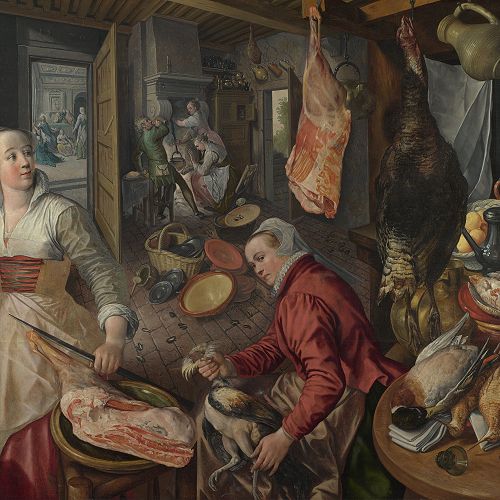
Reading Luke’s Gospel 10:38-42 with Ecological Eyes - Part Five
In the fifth part of the series Elaine Wainwright interprets the story of Martha and Mary, pointing out the time, space and social aspects woven into the narrative.
Visit this article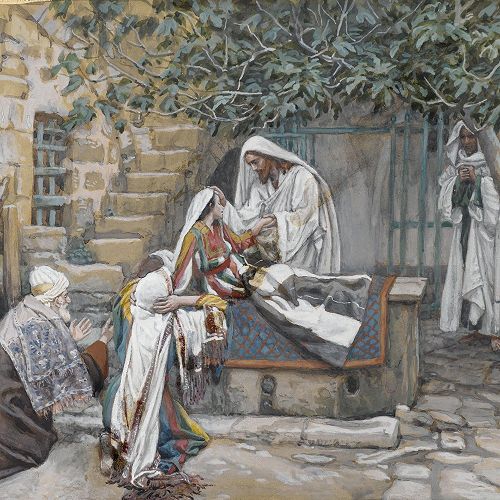
Reading Luke’s Gospel 8:40-56 with Ecological Eyes - Part Four
In the fourth part of the series Elaine Wainwright writes of relationships restored by touch and healing in the lives of a woman and a girl in Luke 8:40–56 and of Earth healing in an ecological spirituality.
Visit this article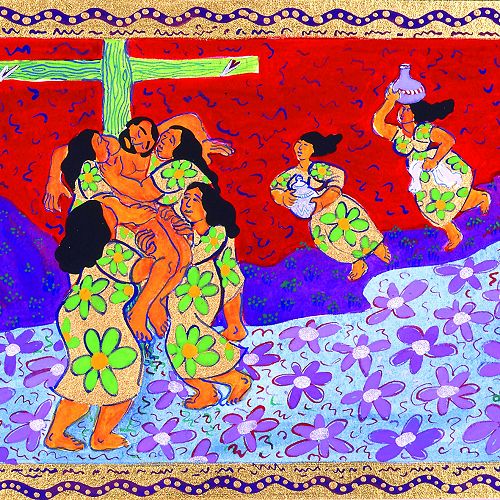
Reading Luke’s Gospel 24-1-12 with Ecological Eyes - Part Three
In part three of her series Elaine Wainwright writes of the experience of resurrection in Luke 24:1-12 as Jesus breaking open astounding new possibilities.
Visit this article
Reading Luke’s Gospel 5:1-11 with Ecological Eyes- Part Two
In part two of her series Elaine Wainwright points to how time of day, place, materials and characters all contribute to understanding Luke 5:1–11.
Visit this article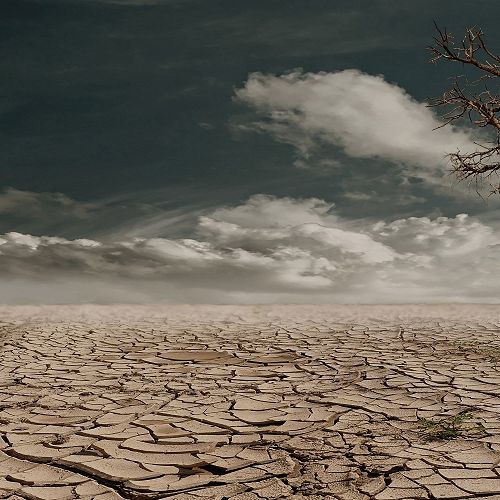
Reading Luke’s Gospel 1:1-4 with Ecological Eyes - Part 1
In the first part of this new series Elaine Wainwright interprets the Lucan prologue Luke 1:1-4 together with the commissioning of Jesus in Luke 4:14-21.
Visit this article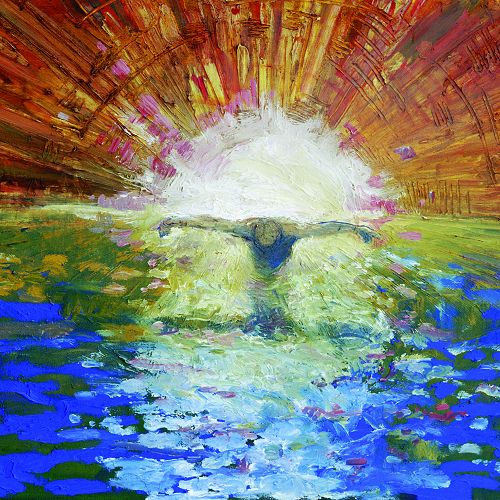
Part Eleven: An Ecological Reading of Mark's Gospel
In the final part in the series Elaine Wainwright looks at Mark 16: 6–7 and points us back to Galilee to where the story started.
Visit this article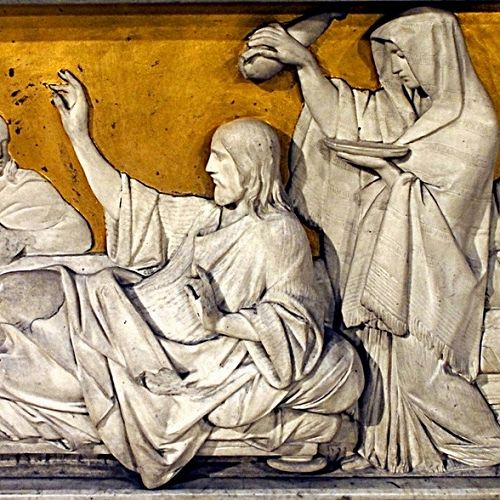
Part Ten: An Ecological Reading of Mark's Gospel
In this tenth part in the series Elaine Wainwright remembers the story of the woman who pours costly perfumed ointment on Jesus’ head while he is in Simon’s house in Mark 14:3-9.
Visit this article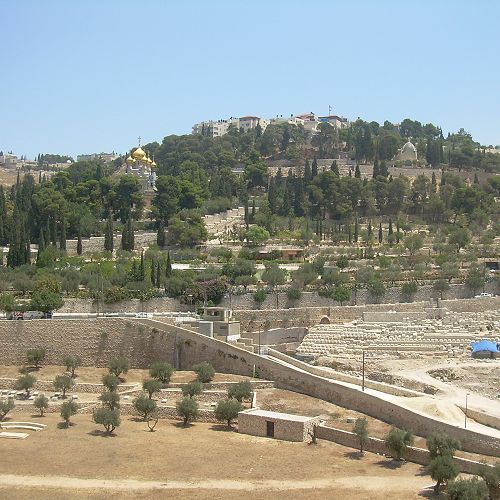
Part Nine: An Ecological Reading of Mark's Gospel
In the ninth part in this series Elaine Wainwright reads Mark 11:1-10; 15-19 showing how the carnival-like story-telling upends the usual order and draws readers into a different world.
Visit this article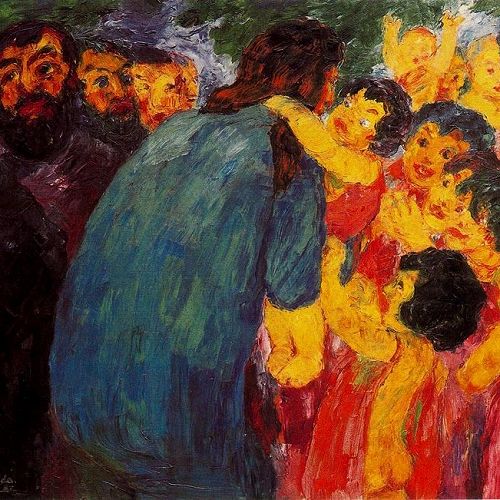
Part Eight: An Ecological Reading of Mark's Gospel
In the eighth part in this series Elaine Wainwright reads Mark 10:17-30 pointing to the clues that draw the reader into the ecological world of radical relationships among the human, the holy and the habitat.
Visit this article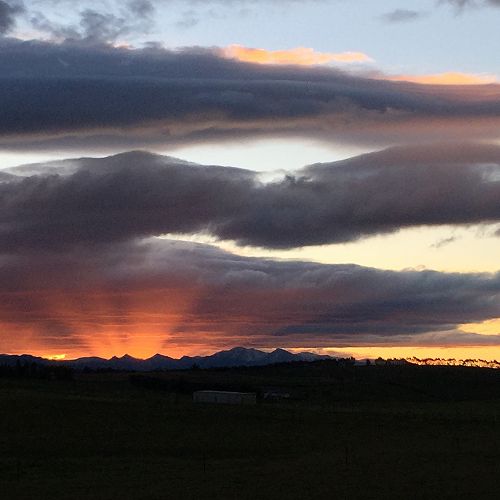
Part Seven: An Ecological Reading of Mark's Gospel
In this seventh part in the series Elaine Wainwright focuses our attention on time, location and the permeable space between human and holy in the story of the transfiguration in Mark 9:2-8.
Visit this article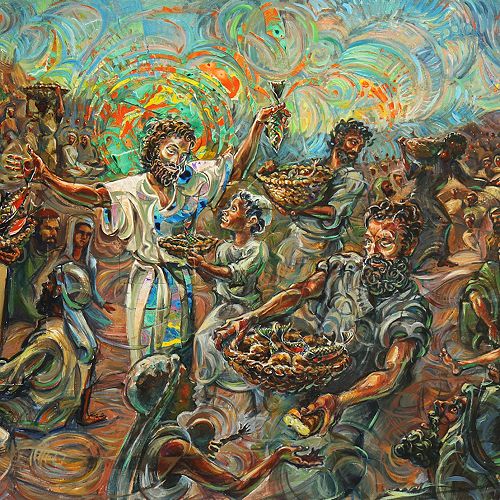
Part Six: An Ecological Reading of Mark's Gospel
In this sixth part in the series Elaine Wainwright focuses our attention on place and time in Jesus’ feeding of the five thousand in Mark 6:30-44.
Visit this article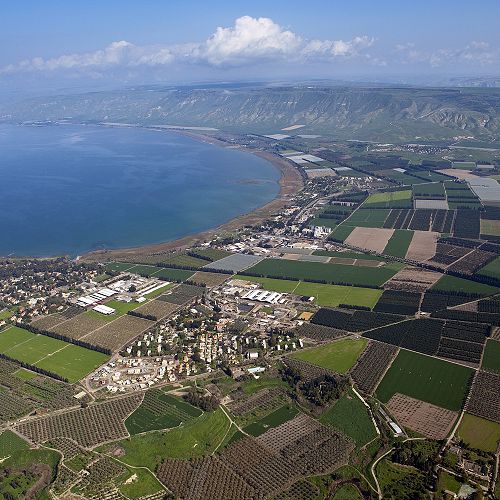
Part Five: An Ecological Reading of Mark's Gospel
In this fifth part in the series Elaine Wainwright unpacks the story of the Syrophoenician woman in Mark 7:24-30
Visit this article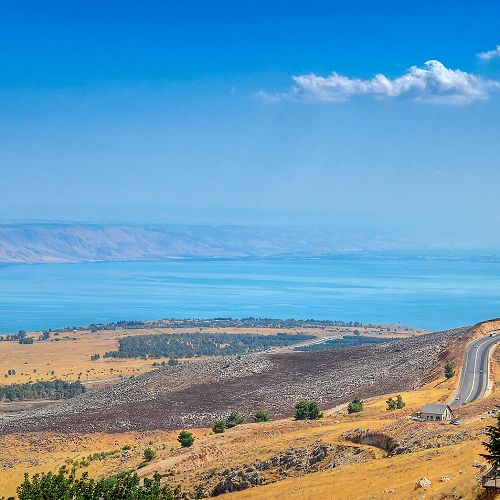
Part Four: An Ecological Reading of Mark's Gospel
In this fourth part in the series Elaine Wainwright uncovers the subversive message in the parable of the sower in Mark 4:1-9.
Visit this article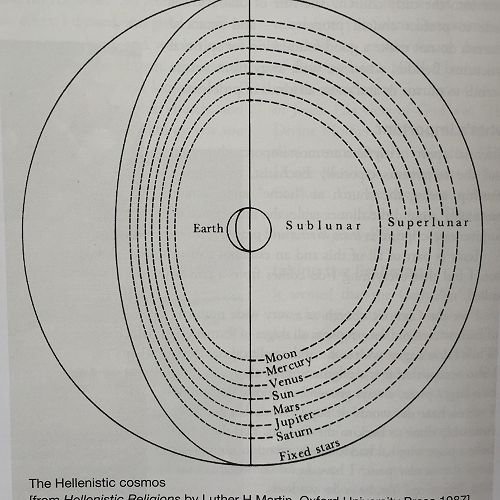
Part Three: An Ecological Reading of Mark's Gospel
In this third article in the series Elaine Wainwright explores Mark 3:20-27 and the New Testament worldview as a way of un-derstanding demon possession.
Visit this article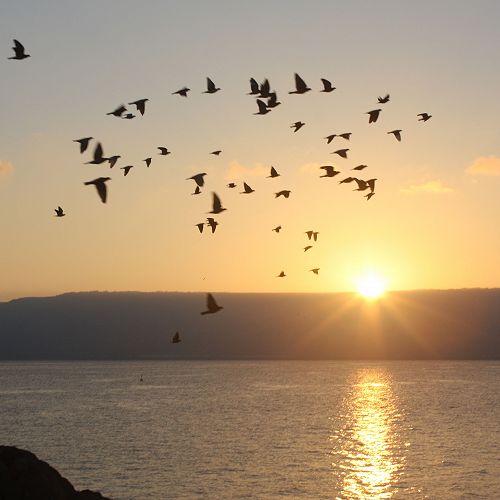
Part Two: An Ecological Reading of Mark's Gospel
Elaine Wainwright explores Mark 1:29-39 in this second article in the series.
Visit this article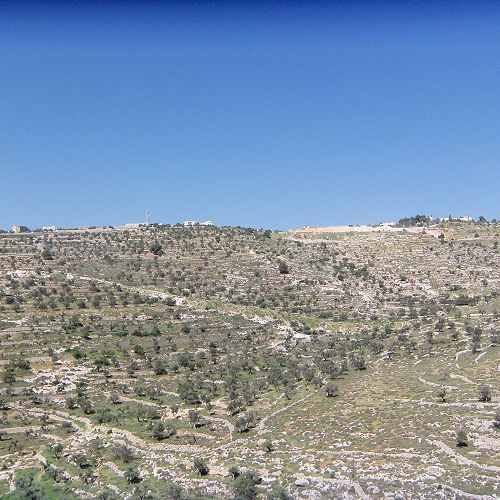
Part One: An Ecological Reading of Mark's Gospel
We begin a journey of eleven articles reflecting with Elaine Wainwright on the gospel of Mark from an ecological perspective. As preparation for the series, read Mark's gospel as a story - in one sitting if possible – to familiarise yourself with it again.
Visit this article